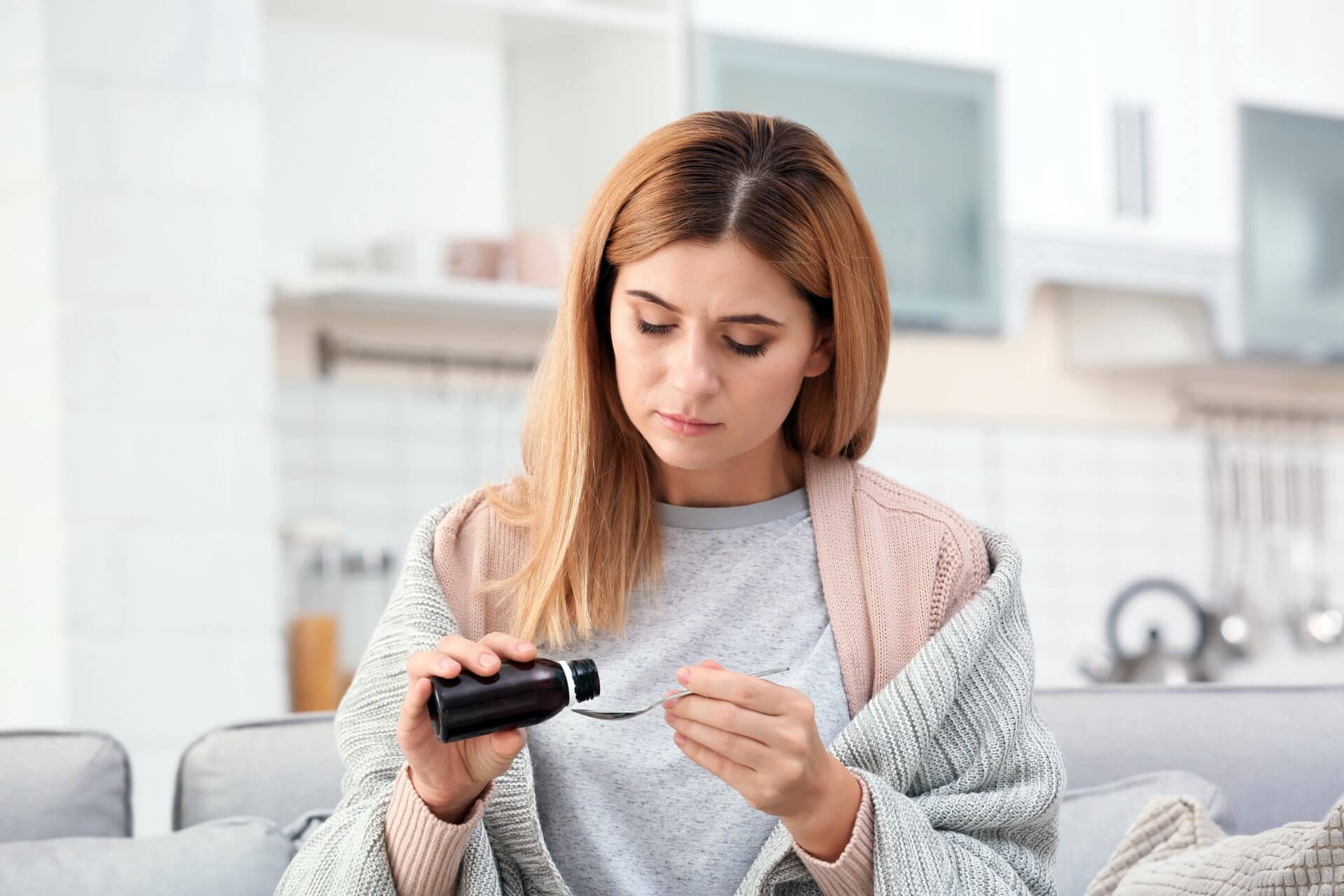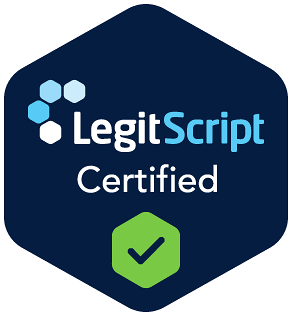Our dedication lies not just in treating symptoms but in addressing the root causes, offering a holistic approach that integrates the best of therapeutic practices with the warmth of community support.
Accidentally Using DXM While in Recovery

At Encore, we know just how much of an incredible achievement entering recovery is, one that many individuals sadly do not get to experience if they are not able to get themselves into a qualified program such as Encore’s addiction treatment in DC. Regardless, those who do enter a treatment program for learning effective strategies for staying in recovery must always be aware of the sometimes unexpected ways a relapse could happen. In this post, we’ll be discussing DXM and accidentally using DXM in the context of recovery.
What is DXM?
DXM is short for Dextromethorphan. If it sounds familiar, that’s because it is. DXM is a commonly used ingredient in the most innocuous of medicines—cough medicine. According to the CDC (Centers for Disease Control), every year the average adult suffers from 2-3 colds. Many of these people also suffer chest cold symptoms such as a cough, thus the ubiquity of over the counter cough medicine is established. DXM is a cough suppressant that can help people relieve acute cough symptoms—especially at night when the symptoms may interfere with rest.
WebMD estimates that there are over 125 OTC medicines that contain DXM, making it highly prevalent. The common nature of this means that it can be very easy to accidentally use DXM while in recovery.
DXM Safety and DXM Abuse
For its intended purposes, DXM is very safe, with side effects being rare and mild such as drowsiness at most. As a reminder, always consult your physician before deciding to use any medication.
Unfortunately, this useful medication can and is abused. When taken in high doses, DXM can impact the same receptors that are affected by hallucinatory drugs such as ketamine or PCP. This abuse potential increases dramatically for prescription cough medications containing codeine, which may be prescribed to people who are sick.
DXM can cause dependency to the substance and can also lead to withdrawal in those that use the medication at doses higher than the recommended amount. Those who abuse this medication may do so because it is inexpensive and because it does not require a prescription to obtain. Because dextromethorphan is coupled with other drugs such as acetaminophen, the negative health impacts are multiplied when taken in inappropriate doses.
Symptoms of dextromethorphan overuse or overdose include:
- Issues with respiration such as slow breathing or difficulty breathing
- Blueish nails or blue tint in nails indicating lack of oxygen
- Blurred vision
- Coma
- Drowsiness/dizziness
- Nausea and vomiting
- Hallucinations
- Coma
And many more.
Accidents and Using Medicines with DXM in Recovery

For the vast majority of people, abusing DXM isn’t an issue. However, what if you are in recovery and you have a history with substance use? Is it okay to use this medication?
Ultimately, that is a very personal choice and one that should be discussed with your medical providers. As addiction treatment specialists, we always advise on the side of caution. Proximity and availability is a very important relapse trigger to consider with any addiction. For example, if someone has suffered from an alcohol use disorder in the past, it would be unwise to keep alcohol in the home during those first crucial years of recovery. Likewise, keeping a commonly abused substance in the home could prove risky depending on the stage of recovery a person is in.
There are many medications without DXM that can help with cough and cold symptoms, but in terms of cough suppressants, DXM is the only OTC option available. This presents a unique problem for those struggling with a substance use disorder or those who are in recovery.
In fact, many individuals in recovery end up accidentally using DXM because a partner or family member brought it into the home unknowingly or unaware of the risk potential of the medication. Because of its dissociative effects, teens and young adults especially are strongly represented in the demographic that abuse this medication as a maladaptive way of coping with anxiety or other negative emotions.
Addiction Treatment in Virginia
Recovery is something a person works to maintain, which is why there are many questions and concerns around recovery such as accidentally using DXM or wondering if using CBD counts as a relapse. Encore Outpatient Services offers addiction treatment in DC and the greater metropolitan area. Our experienced staff are always assessing the best strategies to help our patients navigate recovery through educating on common risks and relapse triggers.
If you or a loved one is struggling with a substance use disorder, contact Encore Outpatient Services today at 703-436-8158 to speak to someone who understands and can help.
Let Us Support You On Your Recovery Journey!
Copyright 2026 Encore Outpatient Services | All Rights Reserved



